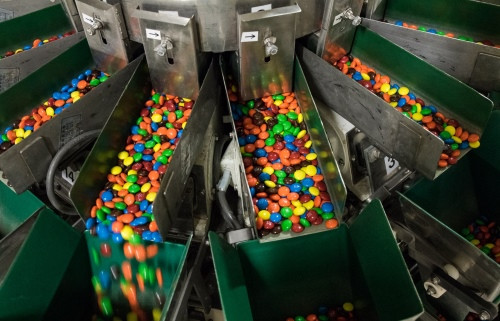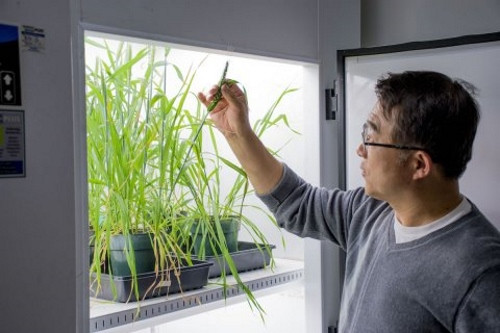Chocolate will become “extinct” within the next 40 years
Cacao trees are predicted to disappear by 2050 due to warmer temperatures and drier conditions. Without urgent measures, chocolate production will cease in the next 40 years.
Cacao is a plant with a rather precarious fate compared to other crops in the world. It can only grow in the humid rainforests 20 degrees north or south of the equator. These places have a humid climate and steady rainfall throughout the year. More than half of the world's chocolate is produced in two countries in West Africa: Côte d'Ivoire and Ghana.
But these areas will become unsuitable for growing cocoa in the coming decades. By 2050, rising temperatures will turn these areas into hilly, dry landscapes and lack of rain will reduce cocoa production.

As current cocoa growing areas will become arid in the coming decades, without proactive action, the chocolate industry will disappear. Photo: BI.
Seeing this coming, Myeong-Je Cho, director of the plant genetics department at the University of California, is working with the candy company Mars to develop new cacao varieties using CRISPR gene editing technology that can withstand harsh weather conditions before things get too bad.
Mars, the $35 billion company best known for its Snickers candy brand, recognizes the problems caused by climate change. In September, the company pledged to invest $1 billion as part of an effort to reduce the carbon footprint of its supply chain and operations by 60% by 2050.
In addition, the company is working with scientists to come up with scientific and long-term solutions. If all goes according to plan, the cacao trees of the future will not wither or rot in harsh conditions, nor will it be necessary to find new land for cultivation.

Scientists are working on genetic modifications to cacao plants to help them become more drought-resistant. Photo: UCB.
Jennifer Doudna, a geneticist at the University of California Berkeley who invented CRISPR, is collaborating with Mars to edit the cacao plant. She also emphasizes that changing genes so precisely could prevent diseases caused by genetic disorders or create genetically engineered babies from foods made from genetically modified foods.
Doudna is passionate about creating genetically modified crops that are healthier for humans. Her lab, with many young students, is focused on using CRISPR to benefit farmers in developing countries. She has now started a company and continues her mission of altering DNA to make plants more resilient to harsh weather.
Doudna’s new company, Caribou Biosciences, will make CRISPR practical and legal, initially modifying genes in crops like corn and mushrooms. The technology is crucial if we want to continue eating agricultural products as the Earth warms. Of course, that doesn’t mean we can just leave the planet to get hotter.
